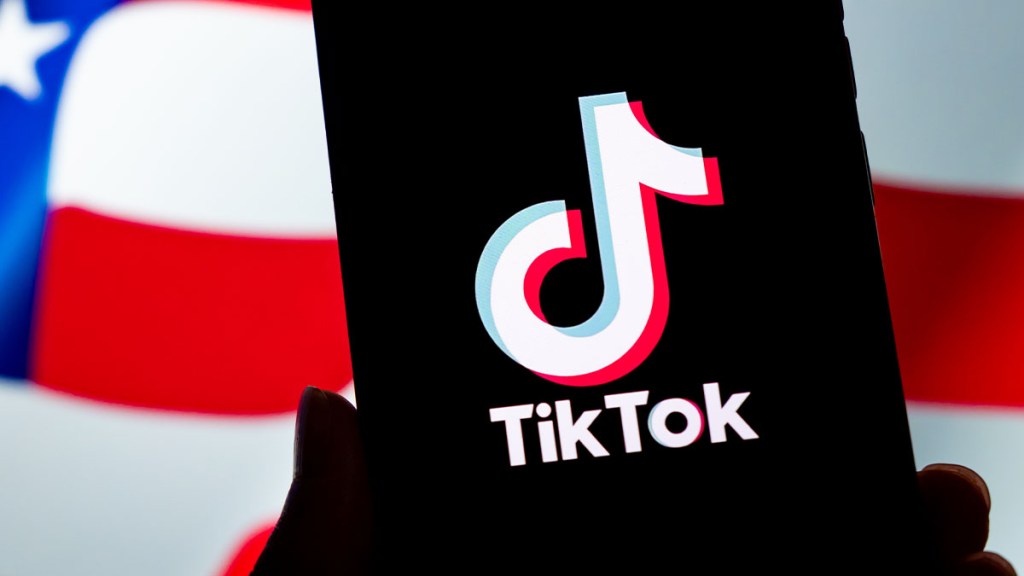The TikTok ban is coming up, and users wonder what that entails. The US Supreme Court doesn’t look willing to block the app’s shutdown, and ByteDance isn’t courting buyers, so it’ll likely go dark soon. Here’s what that might look like, whether the ban will last, and how we got here in the first place.
What will happen when the TikTok ban goes into effect?
There’s not been an official announcement of what the TikTok ban will look like. However, according to The Washington Post, it’s looking like it’s going to happen. If it goes into effect, at a minimum, on January 19, the app will be removed from the Apple App Store and Google Play Store. In the short term, current users might still be able to access content. However, the company’s US infrastructure will be closed, and Content Delivery Networks will blacklist TikTok traffic, which means the overall experience will be degraded.
The worst case scenario is if TikTok owner ByteDance was truthful about only storing US user data on US and Singapore-based servers. If the app was compelled to shut those servers down, users would immediately lose access to data stored on them, which would cause content from all American creators to go dark.
Will the TikTok ban be permanent?
It’s unlikely that the TikTok ban will be permanent. ByteDance has had nine months to sell it, and Prelogar stated that the company and the Chinese government are playing a game of chicken. If the ban goes into effect, it might be the jolt ByteDance needs to move forward with divesting its US-based operations.
If ByteDance agrees to sell TikTok, buyers are ready to pounce. According to CNN, one of the most prominent potential purchasers is a group formed by former LA Dodgers owner Frank McCourt and Shark Tank host Kevin O’Leary.
However, if TikTok is purchased, it’ll likely take some time before it relaunches. ByteDance wouldn’t include the backend technology that powers the platform, including the algorithm that powers its recommendations, so that would have to be made from scratch. In the interim, we could see the rise of an alternative or a mass migration to rival services like Instagram Reels and YouTube Shorts.
Ironically, one of TikTok’s most prominent critics might come to its rescue. President Trump has asked that the company be given a 90-day extension. According to NBC News, this option exists in the TikTok ban legislation, but only if the president certifies that ByteDance is provided a path toward divestiture and “significant progress” is made toward accomplishing it. While Trump opposed the company during his first term, he’s warmed to it since and hopes to “pursue a political resolution” to the issue once he enters the White House.
Why is TikTok being banned?
Lawyers argued that the TikTok ban violated the First Amendment, which didn’t win over the Supreme Court. Chief Justice John Roberts stated that Congress didn’t pass the law to curtail the expressions found on the app. Instead, the issue is entirely centered around a company with ties to the Chinese government gathering an immense amount of information on the 170 million US citizens who use the app.
If the US government wants user information from a company, it typically involves issuing a subpoena or warrant, and the requestor must have a valid reason for obtaining the data. If a company doesn’t agree with the request, it has the right to fight it in court. In China, that’s not the case. If the CCP states that data is relevant to national security, a company has almost no ability to legally prevent that access.
It’s possible that the Chinese government could build detailed profiles about Americans, including where they live and work, interests, family, and friends. Arguing for the US government, Solicitor General Elizabeth Prelogar stated that the immense dataset collected by TikTok would give the Chinese government a powerful tool to harass, manipulate, and blackmail American citizens.









